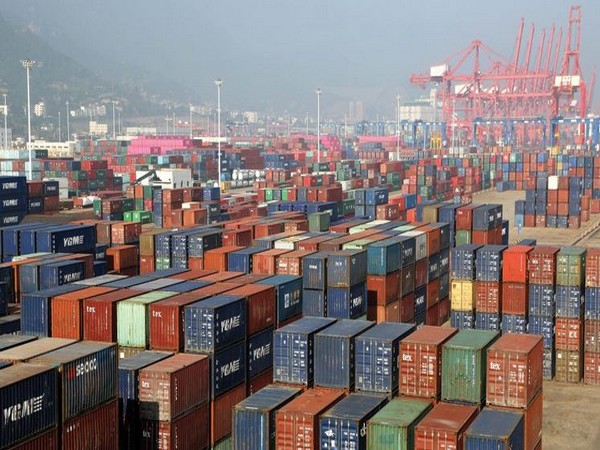Unlocking Export Potential: India-UK Free Trade Agreement Benefits Key Sectors
The India-UK Free Trade Agreement aims to enhance India's export growth by offering zero-duty market access for sectors like food processing, engineering goods, and pharmaceuticals. With substantial room for growth, the FTA positions Indian exporters to better compete globally and boost market access and competitiveness across key sectors.

- Country:
- India
The recently announced India-UK Free Trade Agreement is poised to significantly enhance export opportunities for India by providing zero-duty access to key sectors within the UK's broad and diverse import market.
Particularly promising is the food processing industry, where processed agricultural and food products constitute 10.1% of the FTA's coverage, with 985 tariff lines. In 2023, India exported $14.07 billion in food processing goods worldwide, but only $309.5 million of that went to the UK. With the FTA, this is expected to rise significantly.
Other sectors like the plantation and engineering goods industries are also set to experience growth. The UK imports notable quantities of India's coffee, tea, and spices, and now, with duty-free access including instant coffee, Indian exporters can compete more effectively with European suppliers. Engineering goods, representing the largest category under the FTA with a 17% share, also stand to benefit significantly.
The agreement aims to bolster other critical sectors. With existing strong commitments, Software and IT-enabled Services businesses are projected to grow 15-20% annually. The FTA could also significantly impact chemicals, where exports to the UK might escalate by 30-40% in the coming years.
In sectors like gems and jewellery, the FTA promises to double exports to the UK, currently valued at $941 million. These policy shifts are expected to enhance competitiveness, augment market access, and fuel overall economic growth, benefitting MSMEs and large exporters alike.
(With inputs from agencies.)










